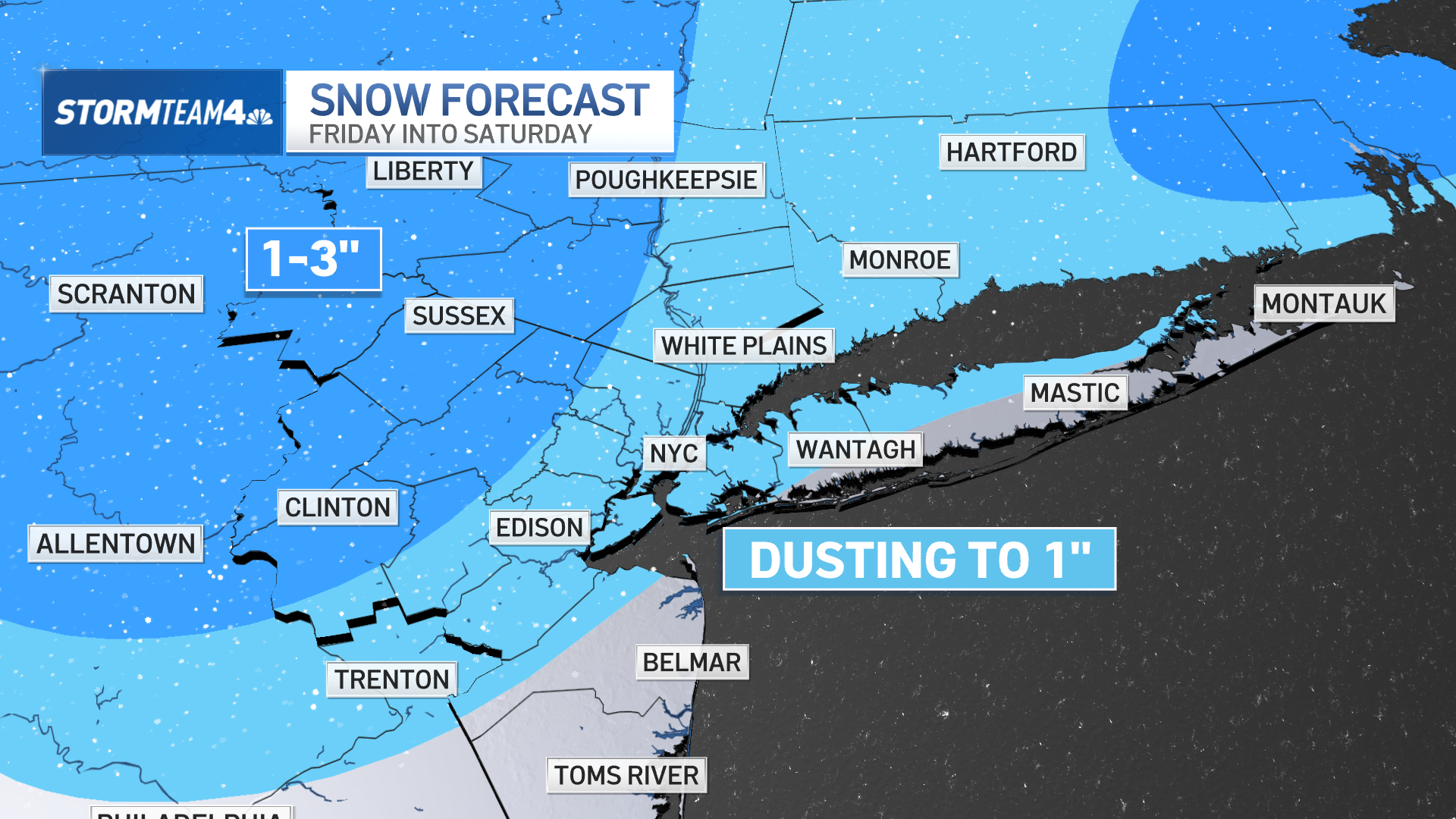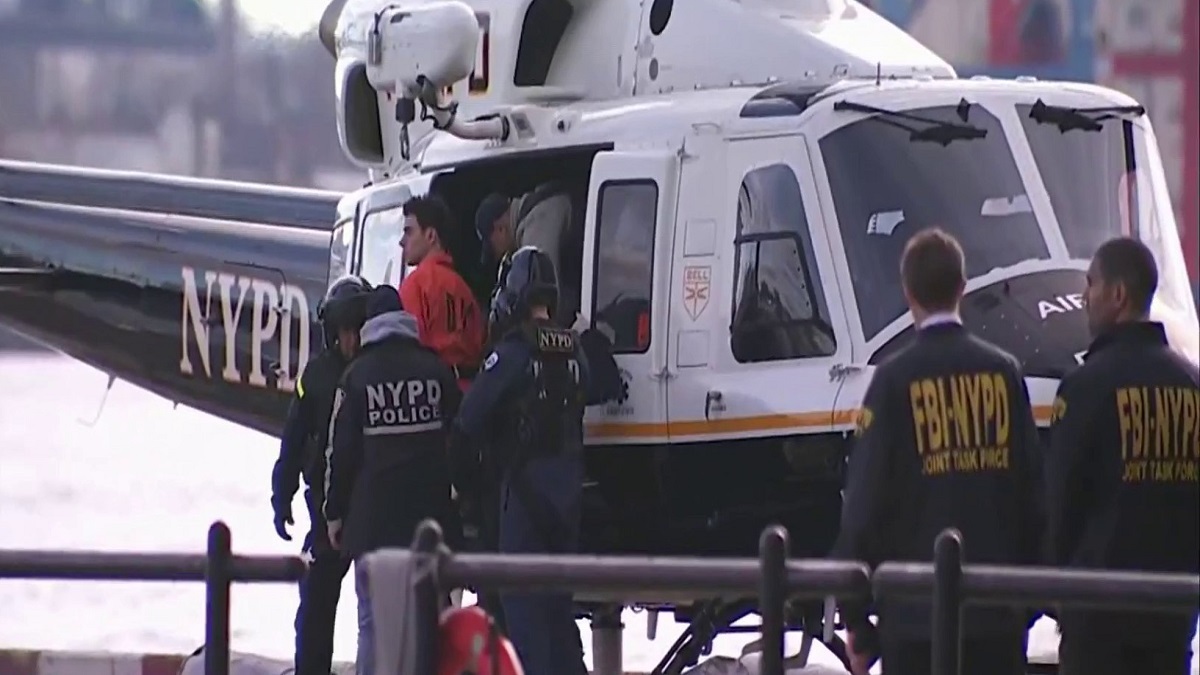The number of completed vaccinations continues to rise in the tri-state with more than 3 million across New York, New Jersey and Connecticut receiving their full doses of the vaccine as of Sunday.
It's a major milestone for a region particularly devastated by the coronavirus in the early days of the pandemic, but still hurting from mass unemployment and business hardship from restrictions in place for almost a year.
New York leads the trio to date, with more than 1.8 million residents completely vaccinated; that's more than 9 percent of the state's population. New Jersey follows with more than 833,000 fully vaccinated and Connecticut with 344,000. Connecticut meanwhile is leading the tri-state with nearly a quarter of the state's population already given at least one dose.
Get Tri-state area news delivered to your inbox.> Sign up for NBC New York's News Headlines newsletter.
Vaccination efforts started off rocky at the end of 2020 after the Pfizer/BioTech vaccine was the first to receive federal approval with distribution underway in early December. Since then, the boost from Moderna and Johnson & Johnson have allowed local and state-run sites to expand appointment opportunities and eligibility.
New York is expected to administer more than 850,000 vaccinations this week, Gov. Andrew Cuomo said Sunday. The recent vaccine supply boost has helped sites in New York City expand to 24/7 operations. The Javits Center, which began offering overnight Johnson & Johnson doses overnight Friday, delivered more than 13,000 doses in a 24-hour period, Cuomo said. He believes it's the highest single-day volume administered at any site across the country.
Increasing inoculation operations has started to go hand-in-hand with a loosening of pandemic restrictions, especially in the tri-state. Connecticut Gov. Ned Lamont recently announced the state would remove capacity limits altogether for most places, including restaurants.
News
Cuomo cited the loosening of restrictions in Connecticut when he announced his intention to expand indoor dining capacity to 75 percent in all restaurants outside of New York City. That change would come on March 19, the same day Connecticut limits change.
The directive for New York restaurants would be included in the bill the New York legislature approved on Friday intending to strip Cuomo of his pandemic-linked emergency powers. Announcing his intention to sign the bill Sunday, Cuomo said he'd include the change to restaurant limits.
State lawmakers must approve Cuomo's restaurant capacity change and will have five days to approve it or strike it down, the governor said Sunday. Those restaurants outside of New York City are currently allowed to operate at 50 percent of indoor capacity; those in the city are at 35 percent.
The tri-state governors have made significant efforts to reopen or loosen restrictions where deemed appropriate while keeping an eye on the threat of COVID-19 variants.
New Jersey became the latest U.S. state Thursday to report a case (two of them) of the Brazilian coronavirus variant, which is considered to be of equal scientific "interest" to the more widely reported upon U.K. and South African strains but has been detected to a much lesser degree in America so far.
According to the CDC's latest variant report, the U.S. has detected only 13 cases of the Brazilian variant, known as P.1, in six other states aside from New Jersey: Maryland, Florida, Minnesota, Oklahoma, Oregon and Alaska. The only other states to have multiple cases like New Jersey are Minnesota (2) and Florida (5). The CDC updates its variant data only three times weekly, so federal reporting often lags individual state reporting on newly detected variant samples.
No details were immediately known as it relates to New Jersey's cases other than both were found in Hudson County. Gov. Phil Murphy and his health team did not deliver a public COVID briefing Friday as they have lately.
Ultimately, tri-state health officials seek to make clear two key points around the variants: First, not all variants are matters of public health concern. Most are just that -- variants. The city's health department is expected to put out a report soon analyzing whether a new strain that appears to have originated in Washington Heights last year is simply "different," de Blasio said Friday.
Second: Vaccines are expected to work on the variants that have emerged and those that will over time. A top New Jersey disease specialist recently demonstrated why that is the case using a "mittens" and "hands" analogy.
Some variants are described as being "of interest." Tracking-wise, the CDC is looking into three of those -- the Brazilian, U.K. and South African strains. New York has reported more than 150 U.K. variant cases to date, mainly in the city, while New Jersey and Connecticut have detected 134 and 42, respectively. Nationally, the CDC has confirmed nearly 2,700 U.K. variant cases in 48 states.
Both New York and Connecticut have reported cases of the South African variant, two on Long Island and one in Fairfield County, as of the latest reports. Those are among 17 states to have reported nearly 70 such cases to date, the CDC says.



